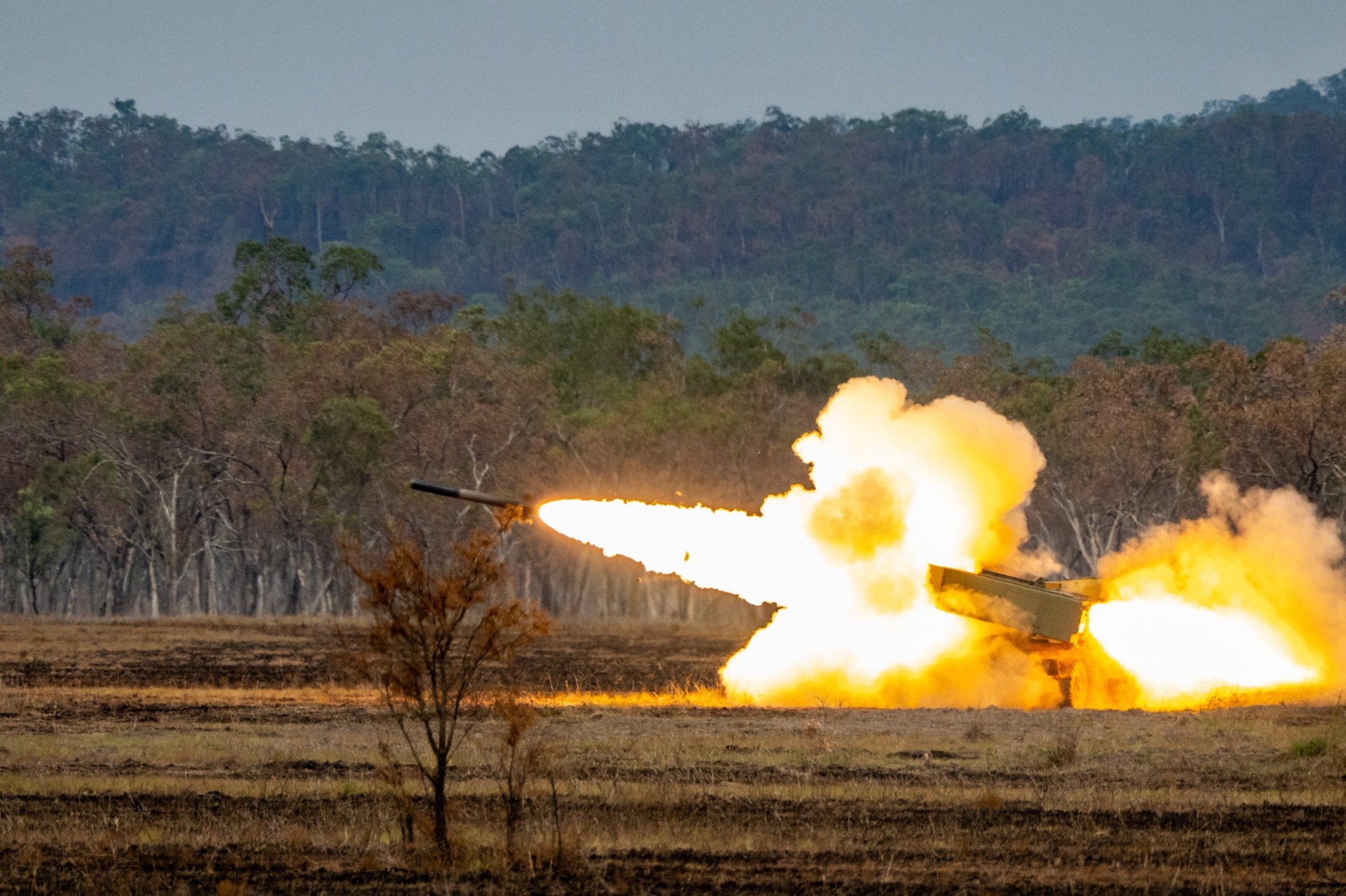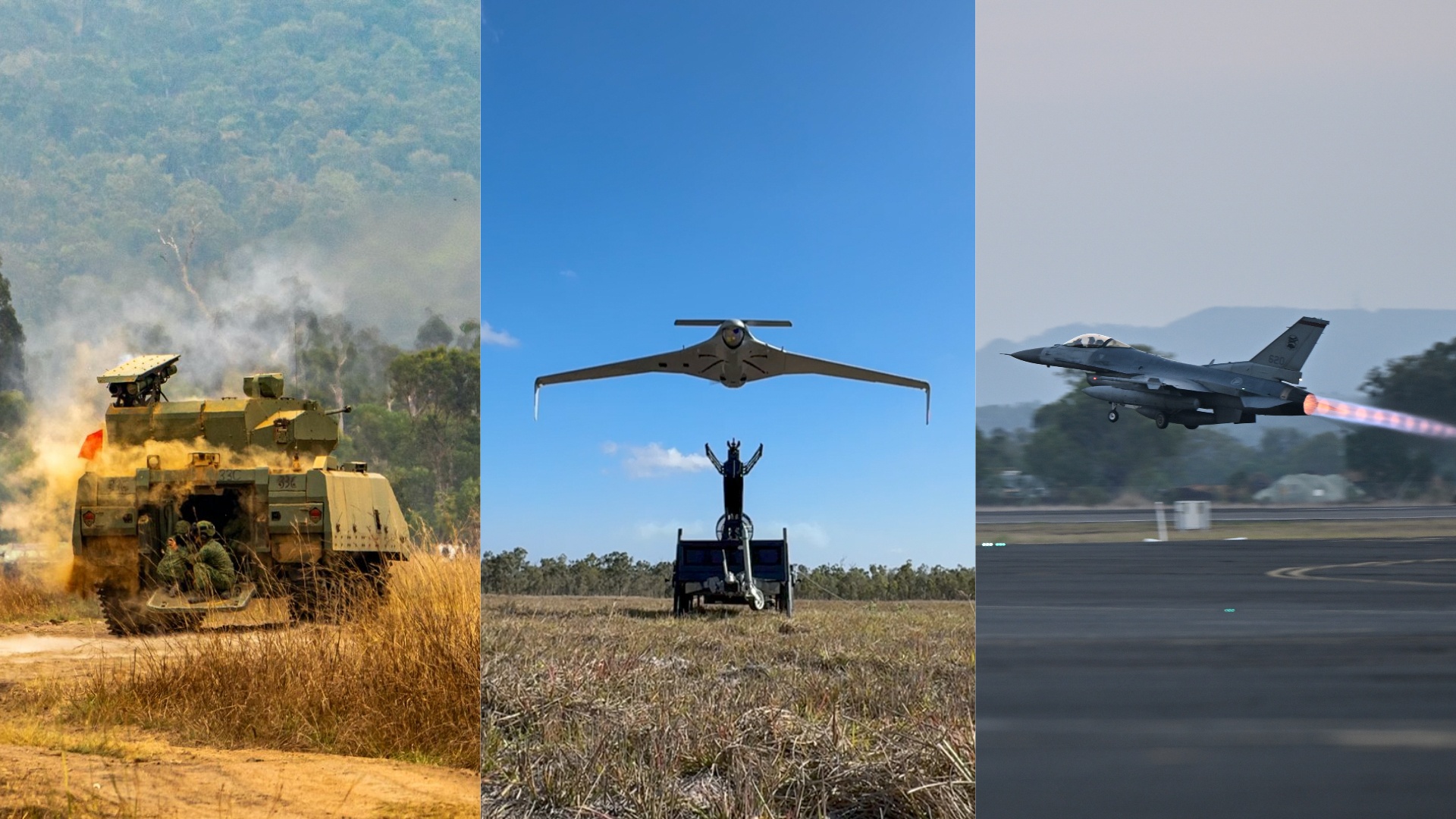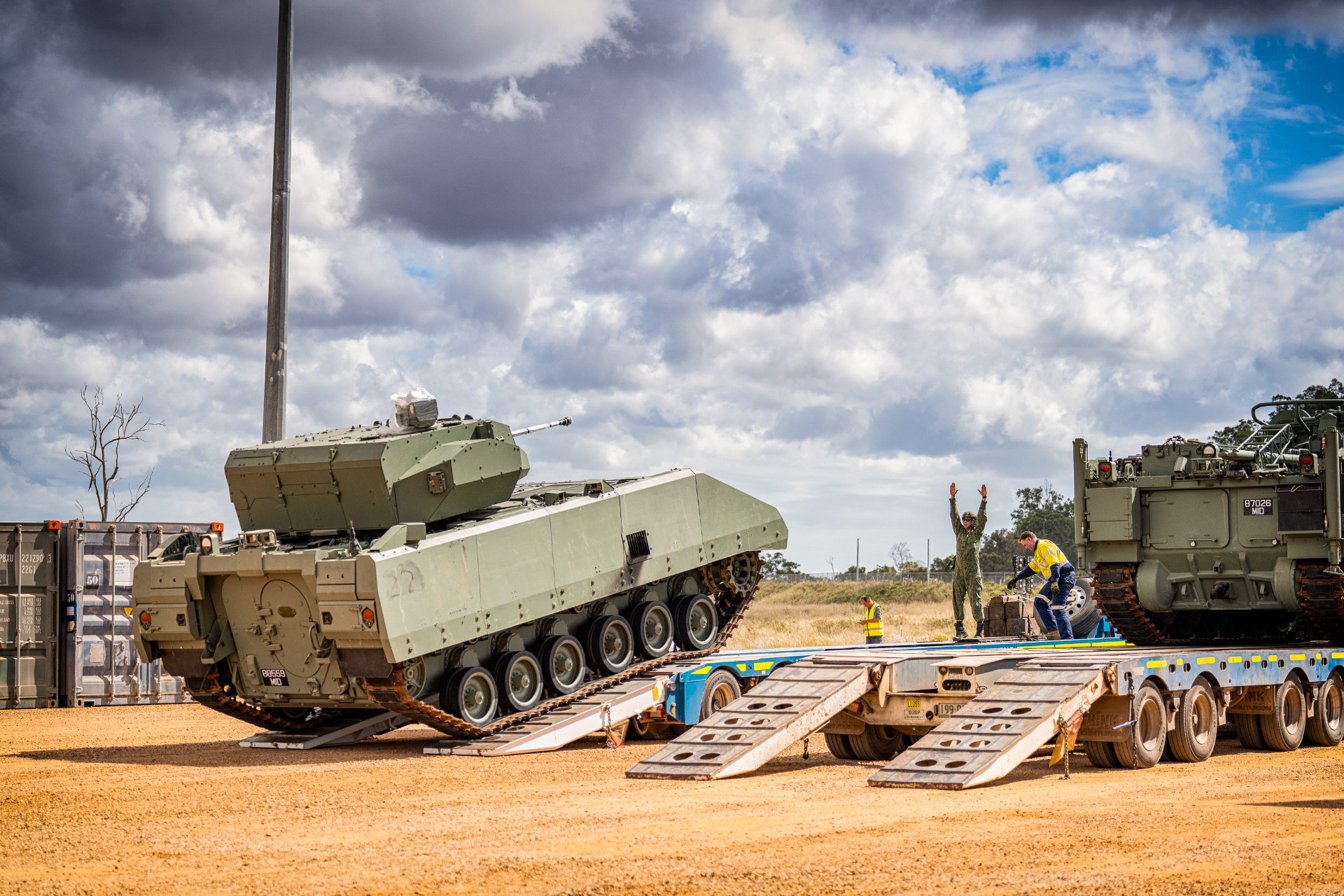OPS & TRAINING
DSO to upgrade lab to highest biosafety level as MINDEF & SAF gear up for future biothreats
01 Mar 2021
DSO National Laboratories (DSO) will upgrade its facilities to the highest biosafety level – Biosafety Level (BSL) 4 – to handle more severe forms of viruses.
-2021/01mar21_news1-1.jpg?sfvrsn=21a63bba_2)
Singapore will soon have its first Maximum Containment Facility to handle biological threats and highly infectious diseases – the Ministry of Defence (MINDEF) will invest about $90 million for DSO to upgrade its current facilities to the highest biosafety level 4.
Expected to be ready by end-2025, the upgraded facilities will allow scientists to safely handle, assess and develop diagnostic tests as well as countermeasures against more severe forms of viruses if future biothreats arise.
The current biosafety lab at DSO is rated at biosafety level 3 – which is sufficient to handle SARS and COVID-19 viruses, but not for highly infectious and lethal diseases like Ebola.
Building in-house biodefence capabilities
Minister for Defence Dr Ng Eng Hen explained Singapore's need for such facilities at the Committee of Supply debate on the defence budget on 1 Mar: "Can we plan on the basis that future pandemics or biological attacks will not be worse than COVID-19? Or can we 'outsource' to or call another country for help when it happens? Surely not!"
He added: "It would be foolish to depend on others and we need to build capabilities within Singapore to protect ourselves."
DSO will work with the Ministry of Health to ensure the highest standards of protective measures required, said Dr Ng.
The upgraded biosafety lab will have more stringent levels of air separation and the ability to quickly shut down and isolate the facility if necessary.
Third-party and overseas experts will be brought in to advise on its design and construction, and thereafter validate its containment systems periodically.
-2021/01mar21_news1-2.jpg?sfvrsn=ea94f7da_2)
Long-term defence investments pay dividends
Dr Ng noted that one key lesson to draw from the COVID-19 pandemic is the need to plan for the long term and to steadily invest in emerging and new capabilities "precisely when we think we least need them".
This was evident when COVID-19 first hit Singapore in end-January 2020 – DSO was able to get the polymerase chain reaction (PCR) tests for the virus up and running within the same month.
At the same time, the Singapore Armed Forces (SAF) Medical Corps was helping SAF commanders to ensure continuity of operations.
"Mass testing by DSO for SAF soldiers, practical medical advice for cohorting, and other safety measures were key weapons and confidence boosters in our fight against COVID-19," said Dr Ng. Thanks to these measures, the SAF recorded only a small number of infections which were all contained effectively with no clusters formed.
-2021/01mar21_news1-3.jpg?sfvrsn=3a185641_2)
DSO went on to develop Resolute 2.0 – an improved COVID-19 test kit that can deliver results in less than half the time of a conventional PCR test – with A*STAR. Now commercially available, the test kits will be used with automation to conduct about 4,000 tests daily for the whole of government.
-2021/01mar21_news1-4.jpg?sfvrsn=dd5db3a2_2)
Dr Ng said this bio-defence and medical capability came about from years of investments in personnel as well as facilities. "Learning from this pandemic, MINDEF will further build up our laboratories and capabilities to deal with biological threats," he added.
-2021/01mar21_news1-5.jpg?sfvrsn=3a86bfc6_2)
Vital for the SAF to remain ready & prepared
The SAF's ability to exercise command and control over complex operations had proven to be useful in tackling the COVID-19 crisis last year – more than 6,000 MINDEF and SAF personnel were deployed across a wide range of operations, Dr Ng noted.
These efforts included packing five million masks in two days; stabilising the outbreak in foreign worker dormitories; setting up Community Care and Recovery Facilities; supporting contact tracing; and medical logistics operations.
Senior SAF commanders also assumed leadership of several national taskforces, while the Defence Science and Technology Agency developed command and control systems for the national COVID-19 operations.
"These smooth operations occurred because that is what the SAF does, day in day out. All of us here who have served our National Service and In-Camp Training know this. We may grumble sometimes about these mobilisations as NSmen, but it keeps the machinery warm, so that when the SAF is activated, it ramps ups into the lean and mean machine it needs to be," said Dr Ng.
ALSO READ IN OPS & TRAINING

Exercise Wallaby 2025: To see better, shoot faster
31 Oct 2025
The SAF focuses on complex strike missions and multi-domain integration in Exercise Wallaby 2025, the 35th edition of its largest unilateral overseas exercise.

Ex Wallaby 25 – Greater Integration and Complexity
25 Oct 2025
The 35th edition of the SAF’s largest unilateral overseas exercise is an opportunity for expanded scale and deeper integration towards an effective, networked fighting force.

Ex Forging Sabre ramps up use of unmanned assets in integrated strike operations
12 Sep 2025
In this 10th edition of Exercise Forging Sabre, the SAF sharpened its cutting edge for the dynamic modern battlefield, with expanded integration between manned and unmanned platforms.

-2021/01mar21_news1-6.jpg?sfvrsn=79a20a6b_2)
-2021/01mar21_news1-7.jpg?sfvrsn=ba35d707_2)
-2021/01mar21_news1-8.jpg?sfvrsn=743c009a_2)
-2021/01mar21_news1-9.jpg?sfvrsn=a0c25642_2)

